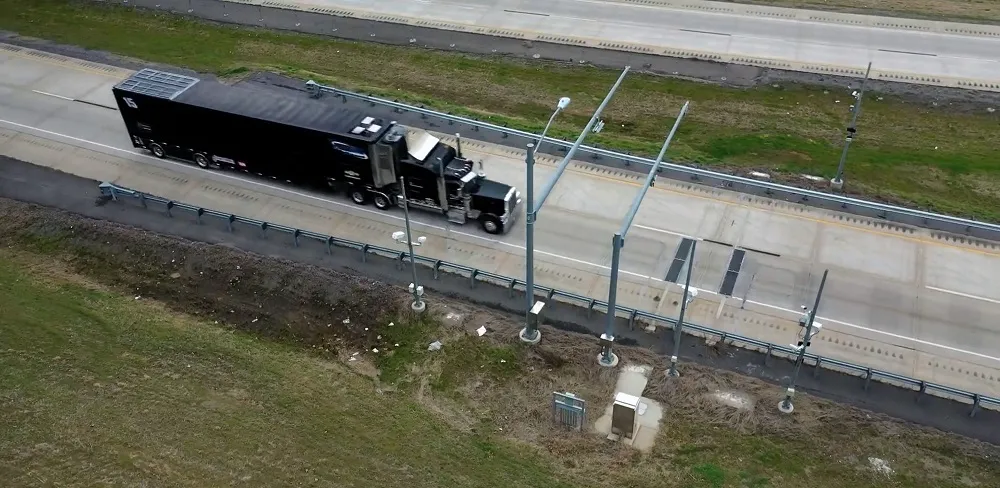The new six-intersection traffic management area will provide real-time, comprehensive travel times, congestion mapping and traffic count data, allowing the city to study and better manage travel trends at major intersections, potentially reducing congestion.
Streetsmart uses wi-fi signals generated in vehicles to track them as they advance through multiple devices along a city street, building data on origin destination, speed and congestion. The system archives and sends the data through the cloud, giving traffic managers a high-level overview of traffic patterns, time-stamped travel times, trouble areas as well as those caused by seasonal changes so that they can study the information over time or take immediate action to relieve congestion. It also ensures driver privacy as all of the information is collected anonymously.
As part of the initiative, the company upgraded two of their existing intersection management Gridsmart systems with updated iconic bell cameras.
In addition to helping to reduce congestion, the Streetsmart installation will become a critical piece of traffic infrastructure as Knoxville considers whether to become a test bed for connected and autonomous vehicle/smart city technologies.
Gridsmart deploys new traffic-time collection system in home city
At no cost to the city or its tax-payers, local transportation solutions company Gridsmart has deployed six of its new Streetsmart wi-fi traffic-time collection system in its home city of Knoxville. The new six-intersection traffic management area will provide real-time, comprehensive travel times, congestion mapping and traffic count data, allowing the city to study and better manage travel trends at major intersections, potentially reducing congestion. Streetsmart uses wi-fi signals generated in vehicles
April 19, 2017
Read time: 2 mins
At no cost to the city or its tax-payers, local transportation solutions company 8097 Gridsmart Technologies has deployed six of its new Streetsmart wi-fi traffic-time collection system in its home city of Knoxville.










